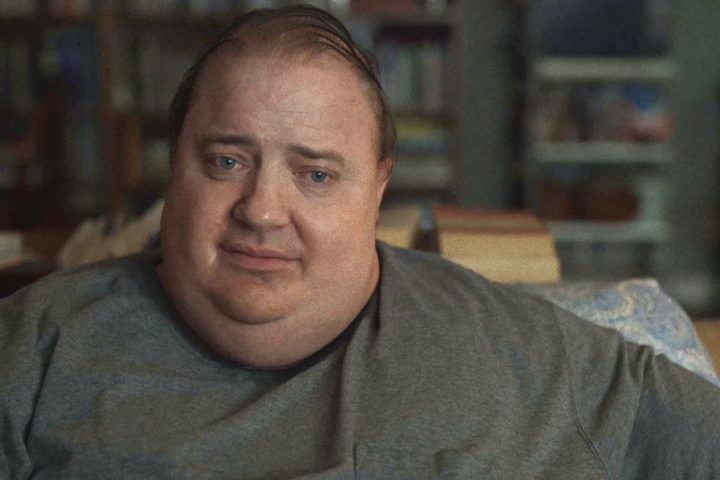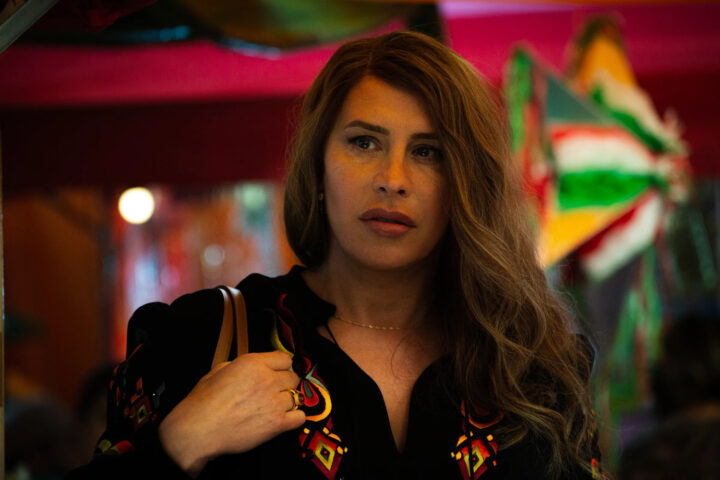“From the top of the valley,
I can see the sheep from the top road
I’m very happy then.”
Wilf Davies
Being concerned about your daily routines at a certain age is common. It happens when you realize you are no longer in your twenties and can’t take on the world similarly—jobs, rent, kids, vacations, and more jobs, two or even three. However, my inner demon tells me that in this era where novelty and desire are pillars of experience, routine is condemned to indifference and disappearance. For all of the above, the film written and directed by Christian Cargill, Heart Valley: Life Lessons from a Shepherd (2022), struck me as an excellent reason to revisit the notion of routine.
Heart Valley is a documentary that depicts the daily life of Wilf Davies, a Welsh shepherd. His sheep, diet, and newly discovered sunset stroll all influence his way of life. “I have two pieces of fish, an onion, an egg, baked beans, and biscuits. Being a farmer means every day is the same,” Davies told The Guardian more than a year ago in what was the inspirational story for the short film. However, far from expressing it in a fatalistic tone, Davies said it because he believes these are his existential foundations.
That interview motivated Cargill to travel from London to Cellan in the Teifi Valley, Wales, to learn more about this shepherd and the simplicity of his routines. The result? The 48th episode of The New Yorker Documentary released a few days ago.
From an etymological point of view, the term “routine” is derived from French and refers to a route. Routine is essentially a road that is taken countless times. However, every road has two attributes: the path we take and its destination. In the end, it is this duality that defines our projects and existence.
“If you go to London now, nobody, mainly on the streets, nobody has got time at all for you. They won’t even look at you,” the farmer says in what appears to be a break from that usual corporate, pragmatic routine that we are all familiar with. This one is not only more popular but also even more grotesque. Mainly because it is trivialized or overrated but never considered as a balancing rhythm between our lives and projects. Yet, the documentary goes in another direction.
Davies has spent his entire life in the valley. He only left the farm three decades ago to visit another farm in England. “What makes a good farmer is he likes the job he’s doing…I never look at my watch. I like to be present, polite, and always helping somebody. Do the work you like doing, and do what you want,” Davies explains. While some may view his approach as mere dedication, it also embodies the concept of repetition amidst life’s varied and intense experiences. Yet, despite the unchanging nature of his life, the significance of these practices has been overshadowed by the trivial demands of our daily existence. This phenomenon is mirrored in the plethora of YouTube and TikTok content that delves into various routines, from morning rituals and makeup tutorials to study tips and fashion advice, highlighting a collective yearning for structure in the flux of modern life.
On the other hand, while taking notes on the film, it was impossible for me not to recall Martin Heidegger. He, by contrast, quickly mentions the same problem when in Being and Time reflects on the “greed for novelty. “Here, the desire for the new does not constitute a way of understanding the world. It is simply a way of seeing characterized by “jumping” from event to event. The problem is that the subject does not stay in the “surrounding world” but rather dissipates among new possibilities and lacks direction. Thus, the lust for novelty causes the subject to be constantly uprooted, creating the false certainty that we have an authentic life.
Heart Valley, from its simplicity, emphasizes that message. But even so, the striking thing would not be to interpret his testimony as a paradigm of the minimalist fetish. The farmer’s viewpoints are not presented with insincerity. Everything he does, he does consciously and puts his energy into it. He is interested in the news happening in the area, and for that, he listens to the local radio. He suffers when he sees a sheep that must be sacrificed. He is not married and does not regret it. He has a regular diet that he does not change because he does not want to waste time adapting to another one. His dream is to visit the Great Wall of China. He was a stonemason and understands that such a structure requires ingenuity. And, at his age, he has discovered a new hobby: walking. Now, he walks every afternoon to the top of the valley and enjoys the silhouettes of distant figures that make him feel “on top of the world.”
The documentary thus reflects a conflict between Davis’ lifestyle and the one we, as viewers, face daily. It’s all about the timeless clash between authenticity and inauthenticity, a theme the documentary skillfully brings to the forefront. Not only because of the perfect pacing of the monologue but also because of the naturality of the light, the rhythm of the photography, and the flawless pairing of the soundtrack with the narration. Everything is perfectly tuned to showcase Davis’ face and voice.
“I’ve had several strokes. Once, I didn’t move for two weeks while I was in hospital. But my sheep helped me – I knew they were relying on me to get better. I need them as much as they need me,” Davies remarks near the end of the film, touched. When he says that, it is because, in effect, he lives convinced and aware of what he loves and what he wants to die for.
As creatures driven by the desire for novelty and speed, we will always struggle to balance eloquence and naturality. Because we always give up and fall back into the false routine of bureaucracy and work.




